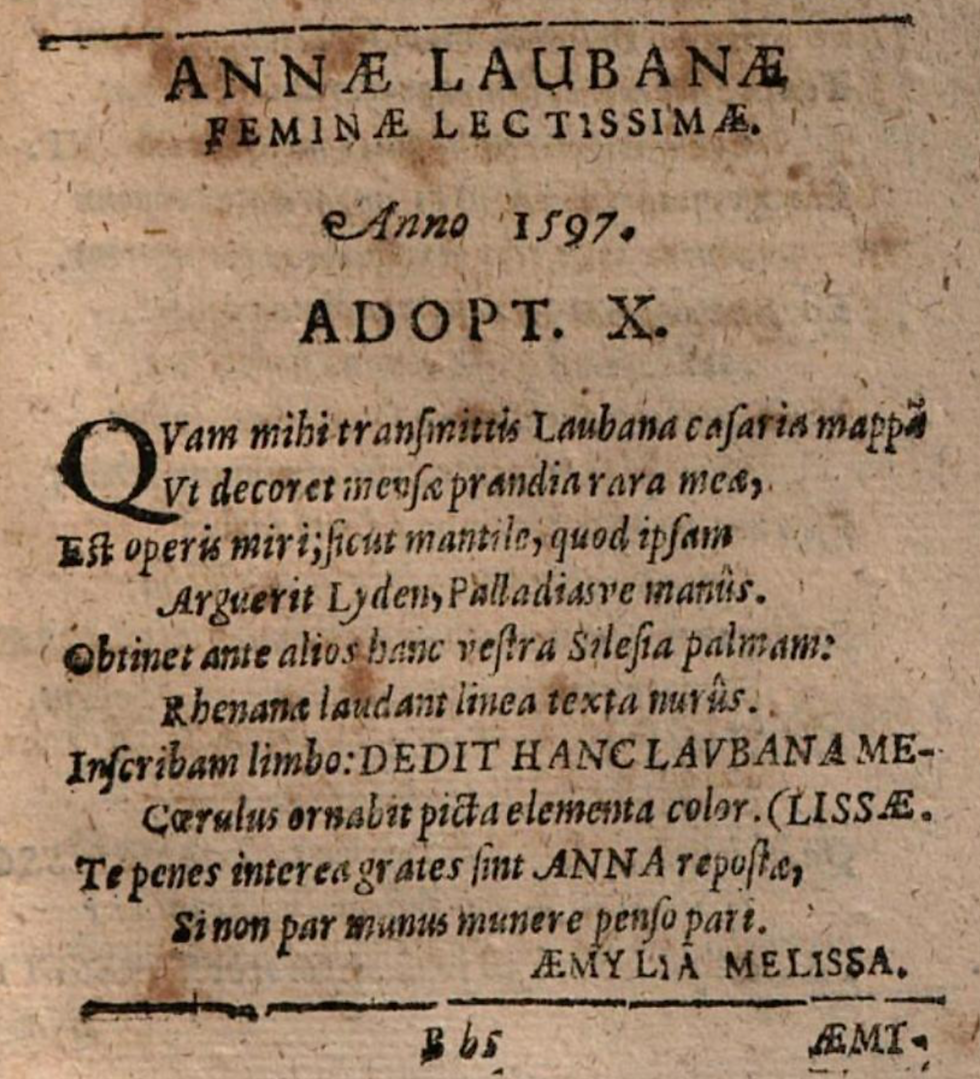Scipionic Themes in Plautus' Amphitryo: A Summary and Critique of Paul Galinsky's Seminal Paper
- Skye Shirley

- Mar 3, 2018
- 3 min read
In Paul Galinsky's article, "Scipionic Themes in Plautus' Amphitryo" (1966), the author argues that we cannot rule out the possibility that Plautus both intentionally and unintentionally highlighted Scipionic themes in his play Amphitryo. Upon examining the contributions of earlier scholars, Galinsky draws his own conclusions. He reviews Stewart's proposal that Euripides' Bacchae influenced Plautus' play, on the whole agreeing with Stewart that Pentheus and Amphitryo share many qualities, while conceding that some proposed similarities lacked solid ground. Galinsky argues that the play is highly structured, which accentuates the plot, and that Scipionic themes explain several incongruous features.
First, he analyzes Sosia's battle monologue, in which the slave warns against the false security of mortal ambitio, instead suggesting the pursuit of immortality by association with the gods. The Elder Scipio was, according to legend, descended from Jupiter, and the mere fact that Jupiter passes as Amphitryo suggests that the hero has divine ambitions. Galinsky notes that the two major characters align with the Scipios both in their associations with deities and parallel textual depictions across many genres and time periods. Major themes in the text are the limitations of gloria, madness, and the virtues of moral behavior. Cicero's Somnium Scipionis, Eurpides' Heracleidae, and the Scipionic tomb inscriptions of Ennius all suggest that these central themes of the play have Scipionic origins. Ultimately, Galinsky concedes that the reasons for these references to the Scipios remain unclear, but that nevertheless we should not deny that they exist.
Galinsky's article does much to bring together various interpretations on Plautus' influences. It certainly seems likely that Plautus would have either intentionally borrowed elements from Greek plays or have unintentionally written similar plays simply because such tastes were popular at the time. First, the repetition of madness (which has several elements: waking/dreaming, insanity, and drunkenness) is also in the Bacchae; yet one might also argue that such topics come up naturally when individuals cannot believe what is happening. Drunkenness and insanity have likely been comedic tropes for as long as comedy has existed; yet perhaps the popularity of the Bacchae led Plautus to further emphasize these themes. Still, it seems unlikely that the Greek tragedy was the sole catalyst for such common comedic themes.
Second, Plautus casts doubt on the fruits of mortal gloria, which Amphitryo initially pursues in battle but which personally fail him so much that Jupiter promises immortality as a more reliable route to gloria. It does seem compelling that Ennius and Scipio both try to Romanize the Greek concept of immortalizing mortals, even if its inclusion in Plautus may have been correlative rather than causal. Scipionic sources promote a similar dependence on immortal glory, and this aspect of Galinsky's argument was both well argued and quite convincing. Ennius' inscription on the Scipios' tomb places trust in the eternal posthumous glory of the family. Similarly, in Cicero's Somnium Scipionis, earthly fame is belittled unless it is linked to a long-term, divine gloria. The path to divine gloria requires public service and moral conduct, not merely the appearance of social influence. The identical language across these many sources suggests a strong link between the public perception of the Scipios and Plautus' reimagining of the classic myth.
Galinsky devotes less attention to the third theme of virtus less than the previous two. Jupiter and Scipio are described as "prodigalis," and both the playwright and Scipio revered omens and religious rituals. Instead of expanding upon virtus, Galinsky transitions into connections between Sosia's battle and the Scipionic battle at Magnesia (190 BC). Some of these similarities are striking; for example, the Teleboae echo the Boii of Scipio's war, and there is a parallel sequence of events in each war, from enemy casualties to the plunder of bowls and vases. This aspect of Galinsky's argument is far more convincing, since a golden bowl received in battle is far from common in comedies, and may well have been intended as a reminder of the Scipios' victory at Magnesia. Galinsky thoughtfully speculates about the reasons for Ennius' idolization of Scipio, but concludes his paper without answering what Plautus' motives could have been for including such contemporary Scipionic themes in his tragicomedy.
The article serves as a helpful reminder to always situate even fictional texts within their historical context, but ultimately asks more questions than it answers. The most memorable take-away from the article, therefore, was not that Plautus had any agenda in referencing the Scipios, but simply that one can view the play through the themes of Scipionic texts.




Comments